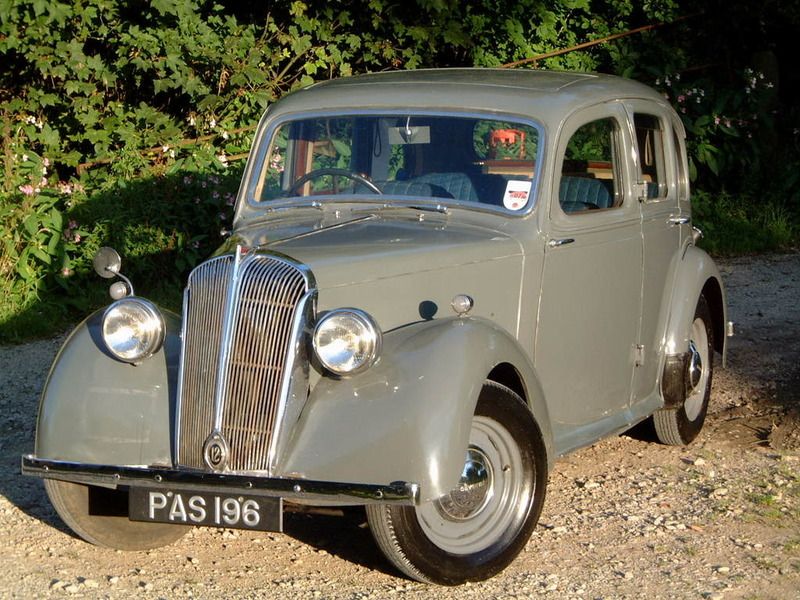A mate of mine has a few pre-1960's cars (of course all Rovers), only one of which is currently on the road. A recent discussion is how if they decided to sell up, what would happen if any of these got into the wrong hands. The point is that they all need mechanical and structural work, and no police are going to do a stop road-side MOT test on any car. Just think about the car that's behind you, that could be driving with the handbrake as the only working brake, or the one in front is so rusty it could split in two at any moment. And yes there is always insurance and the police if something bad does happen, but by that time, it's too late.
The other thing that we're going to see is ringers. We already see it with later cars, that were made before and after the start of 1973 - for TAX reasons, so what's to stop this happening to cars such as the P4 and P5 (and of course other classics too) - in fact it's easier to do it with one of those, as there is no MOT test, you don't have to worry about the chassis number as it therefore isn't going to be checked. A numberplate and V5 in your name will do just nicely.
Of course, as Jim and the article says, this is just the minority. But - how large is this minority? In relation to this, what about 'rolling restorations' where owners have lists of jobs to be done to their cars - but if the lists include important work, how much driving on the road is going to be done, before these jobs are completed? For example, if rear brakes are seized in the off position, the majority would sort them out ASAP, but as for the mentioned minority, well the fronts still work, and the rears don't leak so what is the big deal...
Phil Robson said:
It will be the thin end of the wedge - I bet restrictions will be coming into force over the next few years.
We won't be able to drive classics on weekdays, or more than 50 miles from home, etc. Just wait & see....

Looking at the present, that sounds like something of the future, potentially - we'll then be forced to make our beloved cars into trailer queens, they'll also become reduced in value, and some businesses who cater for classics will have to either change their ways and go modern or go bust. We can only hope that this is not the case, it will be just too saddening if it is.
And all of this is just so that it can save some people a small amount of money and time.
I'd like to apologise for this rant; you can probably tell that I am against this decision by the government. :roll:
Adam.


